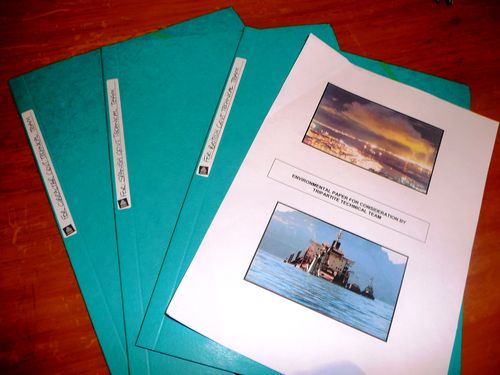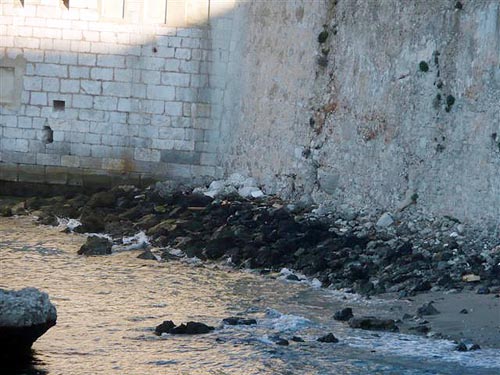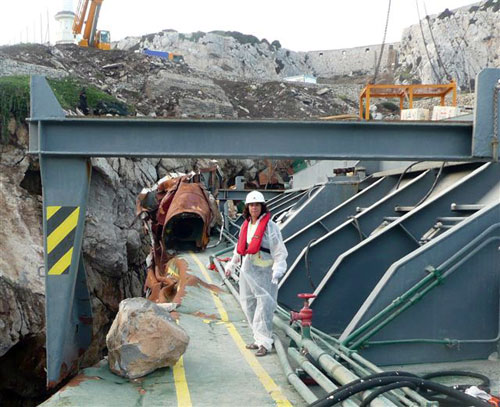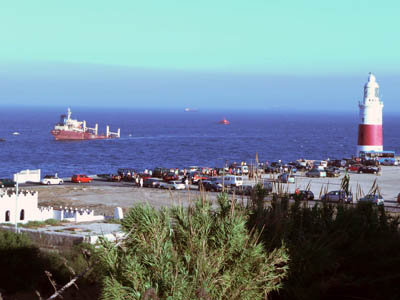Statement to tripartite forum on behalf of: The ESG, AGADEN AND GONHS
Environmental groups from around the Bay: GONHS, Agaden and the ESG, would like to send a public message to the Gibraltar, Spanish and UK governments who form part of the Tripartite Forum and are currently engaged in discussions.
Last October, teams of technical staff representing the Tripartite Forum met at No.6 to begin preparations for the ministerial meetings about to take place in Gibraltar.
Three copies of a dossier containing information on critical regional issues on the environment were handed in to No6 by the aforementioned environmental groups to ensure these issues were highlighted before the technical forum. It is sincerely hoped that the contents of the dossier have formed part of the current agenda planned for the Ministerial meetings.
Among the issues highlighted are:
• Epidemiological Studies (started in Gibraltar but not in Spain)
• Bunkering
• Bay Industrial Activity
• Management of the Bay Waters
• Recycling
• Biosphere Reserve
• Unprotected Areas
We look forward to hearing about the practical measures being considered by the Forum to address these very serious issues.








